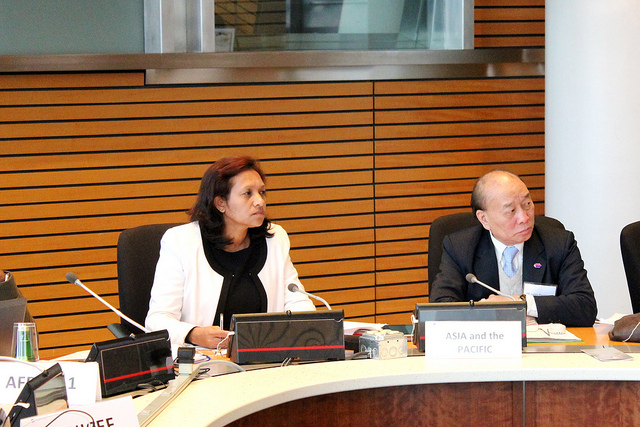The Importance of Preschool in Timor-Leste

Timor-Leste is a lesser-known nation, one that happens to be the third youngest internationally recognized country in the world. Timor-Leste (also known as East Timor) is a southeast Asian nation that occupies half of the island Timor and was once a part of the greater Timor, which gained independence from Portugal in 1975 and independence from Indonesia in 2002.
The path to independence was tumultuous, resulting in an impoverished community in dire need of reform. The recently sworn-in president of the country, Francisco Guterres, is continuing the work of his predecessors to diversify the small country’s economy.
While engagement with nearby Australia, particularly in maritime industries, is significant and crucial, another method that Timor-Leste is using to improve the lives of its citizens is education, specifically preschool.
As Vivian Maidaborn of Stuff.Co, a New Zealand news outlet, notes, “Every country’s future is in the hands of its children. In the case of Timor-Leste – a young nation stepping out from under the dark shadow of conflict – this statement is true indeed.”
Preschool in Timor-Leste is being promoted through UNICEF, who has partnered with the Ministry of Education, Village Councils and parents to set up community preschools to help children get the best start in life.
Children in rural settings are less exposed to early learning, as there are few public preschools in Timor-Leste for them to access and be more successful in the long run.
With greater access to preschool in Timor-Leste, children are less likely to repeat grades in primary school. The 2016 Ministry of Education reports stated that this was an issue for the country, as 24 percent of students repeated the first grade.
Another element of Timor-Leste’s makeup that makes early education a cornerstone for development is the fact that its population is a young one. Half of the population is under 18 and one-third of the population is under eight years old.
The greatest interference in education in general and for early learning in the country is geography. Timor-Leste is a mountainous country with a lot of agriculture that is difficult for young children to walk through when schools are more than five minutes away, especially when the weather is unfavorable. UNICEF and other organizations teaming up with the government of the small and young nation are attempting to correct this problem, thus giving the majority of the children better chances to learn and learn more often.
Maidaborn continues with her aforementioned argument for preschool in Timor-Leste when stating “Now in this post-conflict era, a new generation of people in Timor-Leste have a chance to create a new country, a country without violence and where children can flourish. The very young kids represent the first hope in a long time of childhood unmarked by conflict.”
– Gabriella Paez
Photo: Flickr
